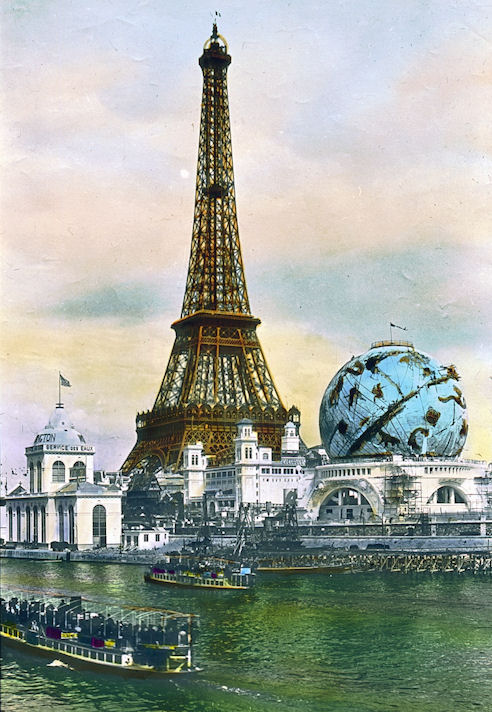

Later, one of the ambassador’s staff was assassinated as he sat having his evening meal at his hotel in The Hague. His ambassador to Holland was repeatedly insulted by Royalist sympathizers who shouted “King killer!” at him. Still preoccupied with consolidating his power at home, Oliver Cromwell at first felt disinclined to challenge the Dutchmen, but events soon changed his mind. It is possible that God will yet humble their pride.”

As one neutral observer noted, “The Dutch have too much trade, and the English are resolved to take it from them.” A Swedish diplomat stationed in London succinctly summed up the burgeoning rivalry: “Both these nations, and especially this one here, are insufferably arrogant. The chief bone of contention, however, was commercial. Their cross-Channel rivals, the English, resented the growing Dutch military and mercantile power, as well as the continuing refuge they provided for the king’s fugitive son and his Royalist court. This was not quite the case, although the Dutch merchant fleet contained more vessels than the rest of Europe combined. “The Hollanders have well nigh beaten all nations, by traffic, out of the seas, and have become the only carrier of goods throughout the world,” one Dutch official boasted. While the English were busy fighting among themselves, the Dutch greatly expanded their maritime trade, enlarging their navy and merchant fleet and rising to a dominant position on the world’s oceans. His son, who later would become King Charles II, took refuge in Holland along with many of his Royalist followers, much to the displeasure of Parliament and its new Lord Protector, Oliver Cromwell. Parliament eventually won the war and Charles was beheaded in January 1649. Charles became embroiled in a protracted struggle with his own Parliament that quickly evolved into a full-blown civil war. Had Charles remained in power, it is likely that the inevitable differences between the two nations would have continued to be resolved peacefully, but that was not to be. A Dutch emissary visited England, smoothed over Charles’s feelings and, as a bonus, arranged a marriage between the two royal houses. The king’s ire against Holland was short-lived, however. King Charles took a dim view of this blatant disregard of his orders and sent Pennington to the Tower of London for his signal failure to prevent the battle. The Spanish lost 40 ships and 7,000 men-and with them, any further claim to being a major sea power. The battle was over before Pennington had time to act. Pennington failed to do so, mainly because Tromp had foresightedly assigned a squadron of 30 ships to keep an eye on Pennington and prevent any English interference. Pennington was under strict orders from the English King Charles I to prevent the combatants from conducting a battle in English waters and to go to the aid of whichever party was fired upon first in violation of his edict. Looking on that day, but taking no active part in the action, was an English fleet under Admiral Sir John Pennington. The last major clash of that war was the Battle of the Downs in 1639, at which an all-Dutch fleet commanded by Admiral Maarten Tromp defeated a Spanish armada four times its size under the very guns of England’s forts at Dover. For nearly a century, England and the Netherlands were longtime allies in the Eighty Years’ War against the Spanish Empire.


 0 kommentar(er)
0 kommentar(er)
